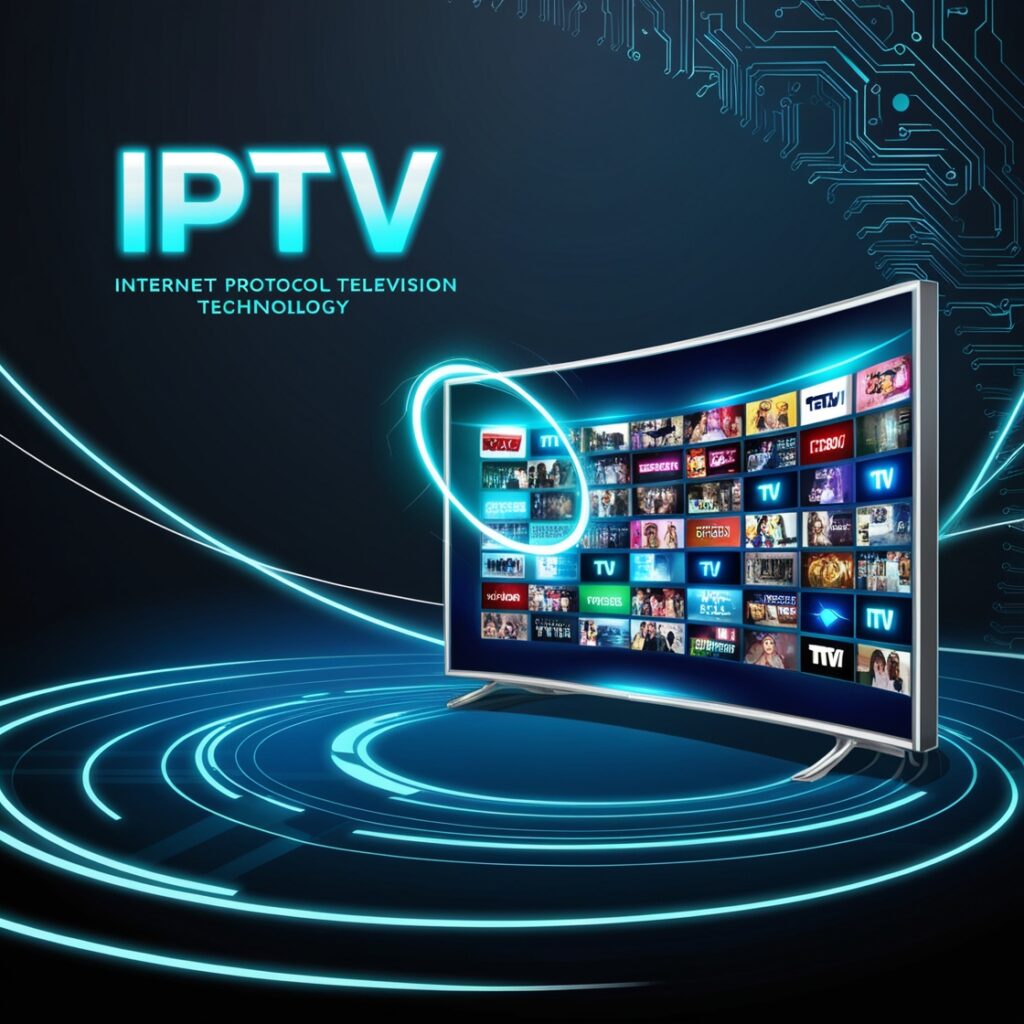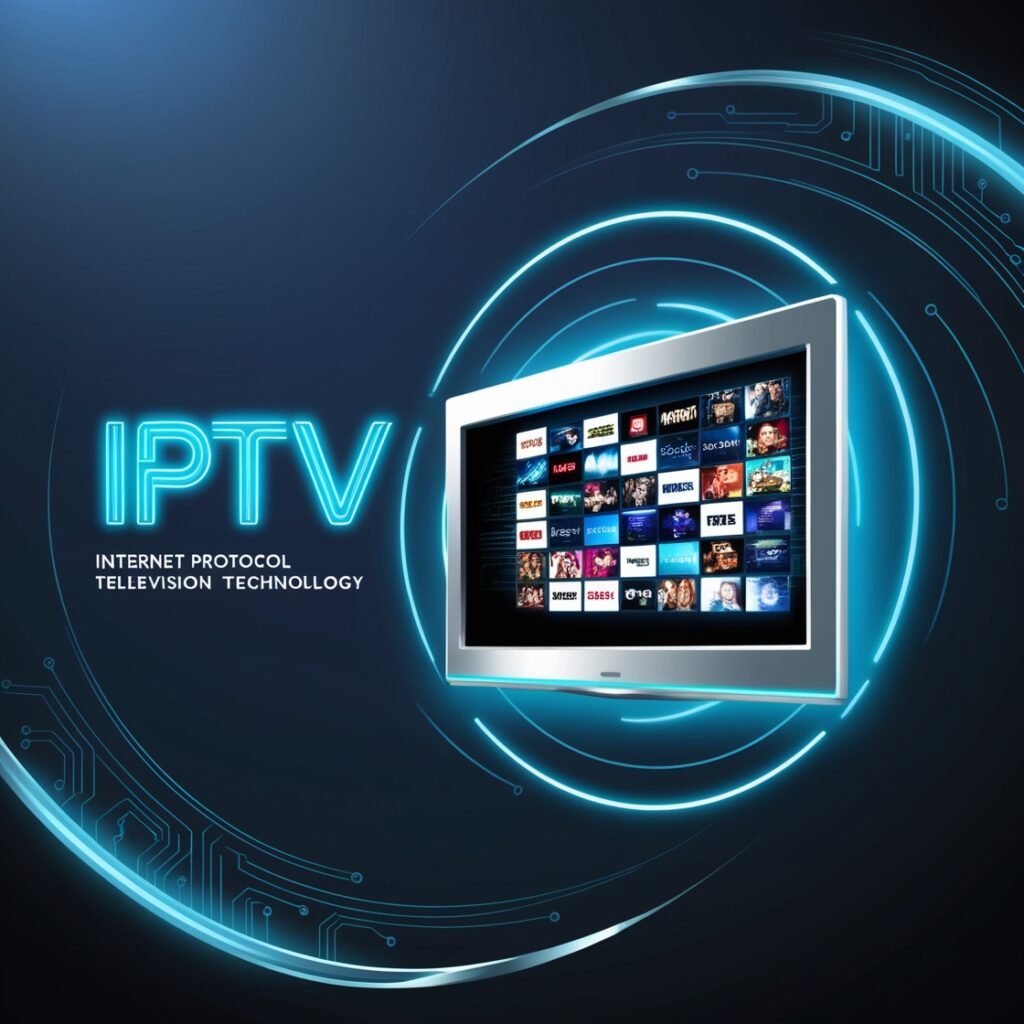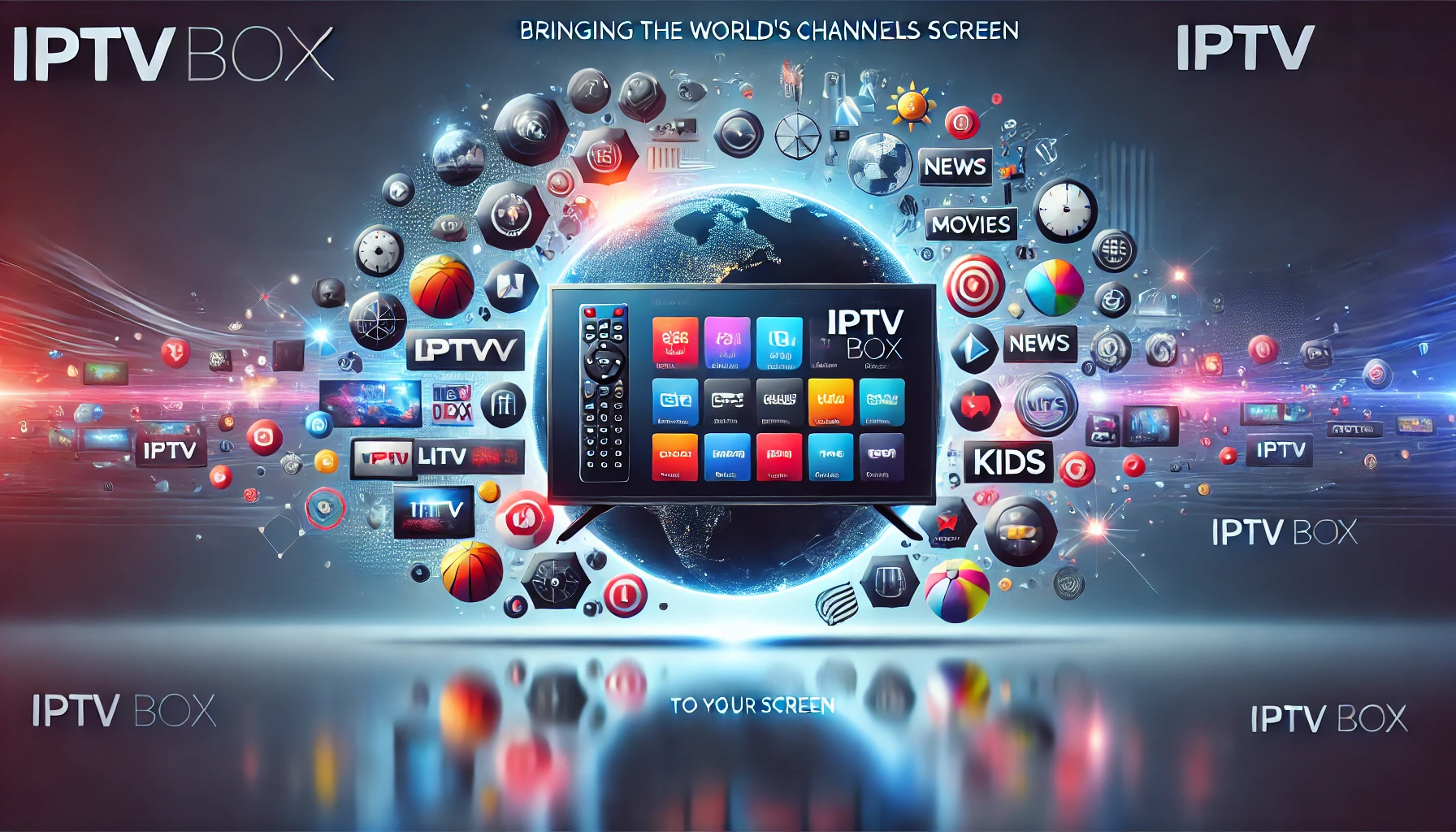In our fast-paced digital age, the world is witnessing massive transformations in how we consume entertainment and media content. One of the most prominent shifts is the rise of IPTV (Internet Protocol Television). IPTV has become a preferred choice for many users, offering a flexible, easy, and powerful way to watch their favorite channels and programs over the internet. In this article, we will discuss how IPTV works, its advantages, types, and how you can make the most of this technology safely and effectively.

1. What is IPTV and How Does It Work?
What is IPTV?
IPTV (short for Internet Protocol Television) is a system for delivering television broadcasts over the internet using internet protocols instead of traditional methods like cable or satellite signals. Simply put, IPTV allows you to watch TV over the internet, as opposed to traditional methods like cable or satellite dishes.
With IPTV, TV channels and media content are delivered via an internet connection instead of conventional broadcast signals. This technology relies on Internet Protocol (IP) to convert data into images and sound that can be watched on your TV, computer, or mobile device.
How Does IPTV Work?
When you subscribe to an IPTV service, the service provider sends the broadcast signals over the internet. These signals are received by an IPTV receiver (such as a set-top box or an app installed on your device). This receiver connects to the internet and loads the data, transforming it into viewable media content on your TV or mobile device.
There are three main types of IPTV:
- Live IPTV: Allows you to watch live TV channels in real-time (just like traditional TV broadcasting).
- VOD (Video On Demand): Lets you watch content on-demand such as movies and TV shows, where you can choose what you want to watch whenever you like.
- Time-shifted IPTV: Lets you watch TV programs that were broadcasted earlier at a later time.
2. Advantages of IPTV
Flexibility in Viewing
One of the biggest advantages of IPTV is the ability to watch content anytime and anywhere. Compared to traditional television, which requires you to be connected to a specific cable or satellite service, IPTV offers a highly flexible experience. You can watch your favorite programs on mobile devices, personal computers, or even smart TVs. All you need is a stable internet connection.

IPTV
IPTV services provide access to a vast range of TV channels and media content, including movies, shows, news, sports, and both local and international content. You can choose from different subscription packages based on your interests. For instance, if you’re a sports enthusiast, you can subscribe to packages that include various sports channels.
High Quality
IPTV services are capable of providing excellent picture and sound quality, especially if you subscribe to a high-quality package (HD or 4K). With improvements in internet speeds and streaming technologies, you can enjoy high-definition content even on large screens.
Customization and Interaction
IPTV allows you to interact with content and watch it at your own convenience. You can pause broadcasts, view past episodes, or even set notifications for upcoming programs. Some IPTV services also offer AI-based recommendation systems that suggest content based on your preferences.
Cost-Effective
Some IPTV services are much more affordable than traditional cable or satellite packages. With pay-per-view options, users can choose subscription plans that match their actual viewing needs, thus reducing the overall cost of the service.
3. How to Use IPTV Safely and Effectively
Choose a Reliable Service Provider
It’s important to choose a trustworthy and secure IPTV service provider to ensure a good experience. There are many services available on the market, but not all of them are legal or reliable. Make sure to select a provider that offers legal and safe content, ensuring there are no risks to your data or devices.
Ensure a Good Internet Connection
For IPTV to work properly, you need a fast and stable internet connection. It’s recommended to have a minimum speed of 10 Mbps for HD content and 15 Mbps or higher for 4K content. A stable connection is essential to avoid buffering or interruptions during streaming.
Use Compatible Devices
Some IPTV services require special receivers, while others can be used on smart devices like mobile phones or computers. Make sure that your device supports the service you wish to subscribe to, whether it’s an IPTV set-top box or a compatible app.
Protect Against Security Threats
Since IPTV relies on the internet, it can be vulnerable to cyber-attacks if not properly secured. Make sure to use a strong firewall, install antivirus software, and keep your system updated regularly.
Check for Legality
When subscribing to IPTV services, ensure you are using legal services that comply with intellectual property rights. Some illegal IPTV services might expose you to legal consequences or security risks on your device.
